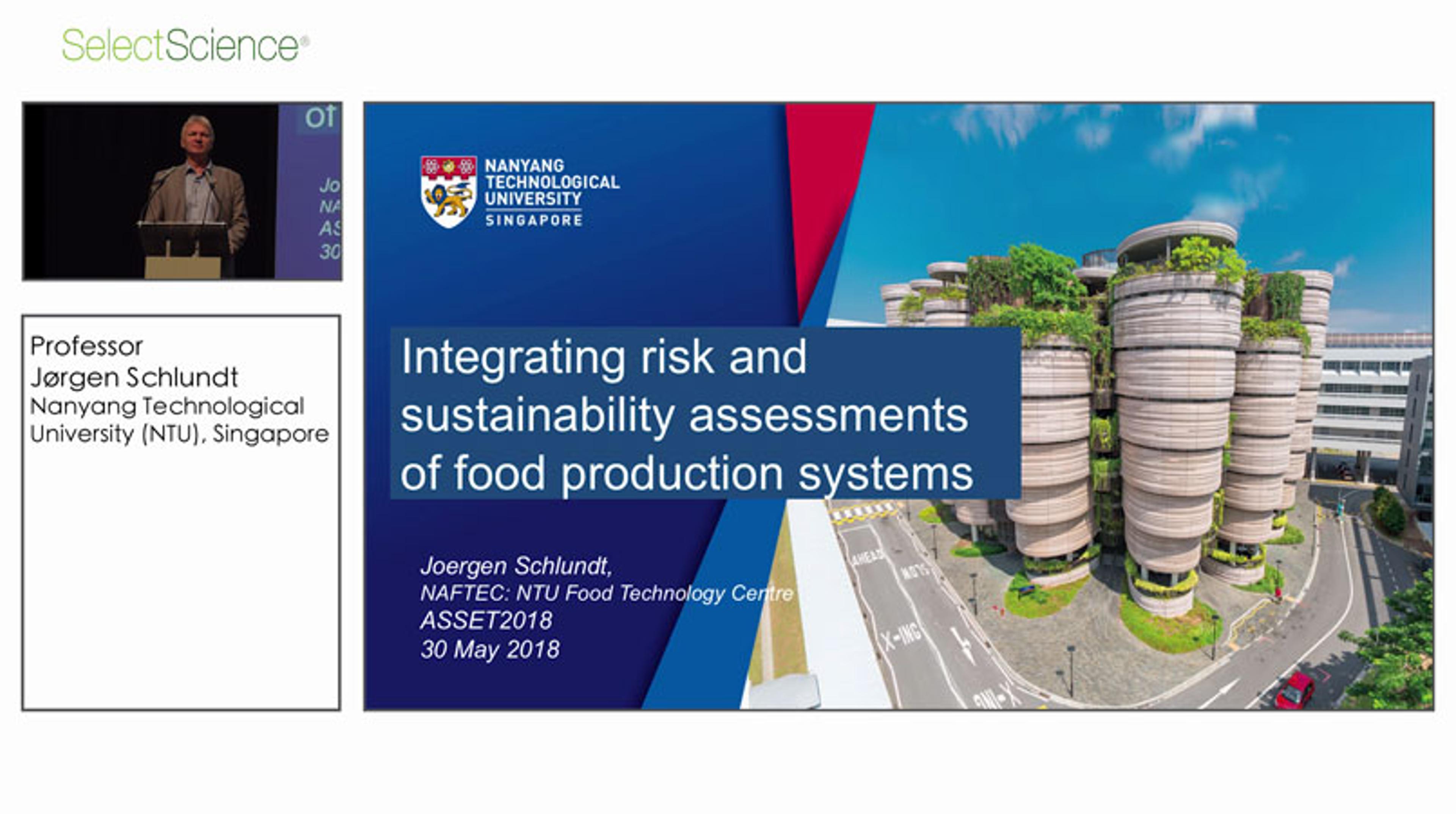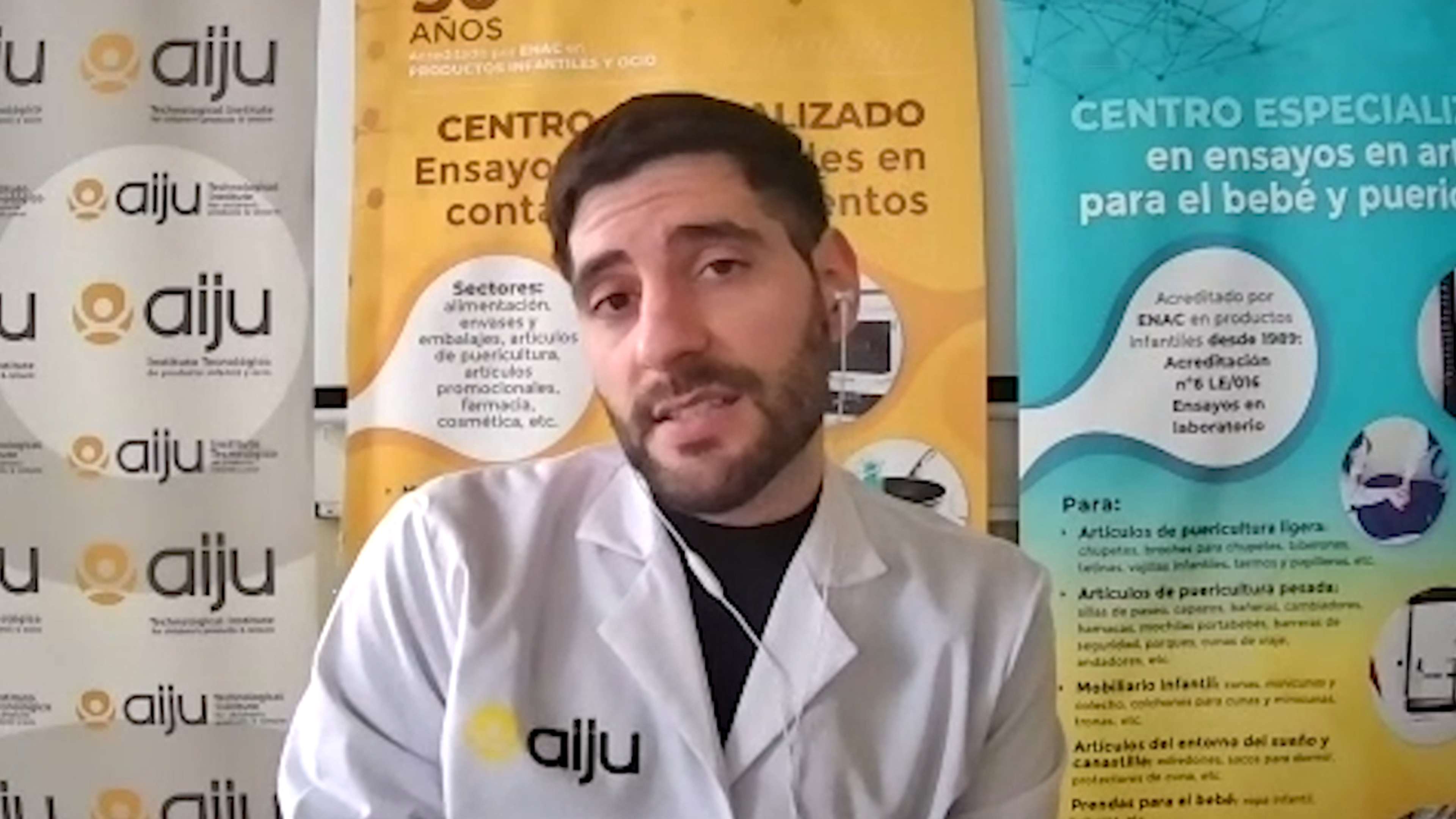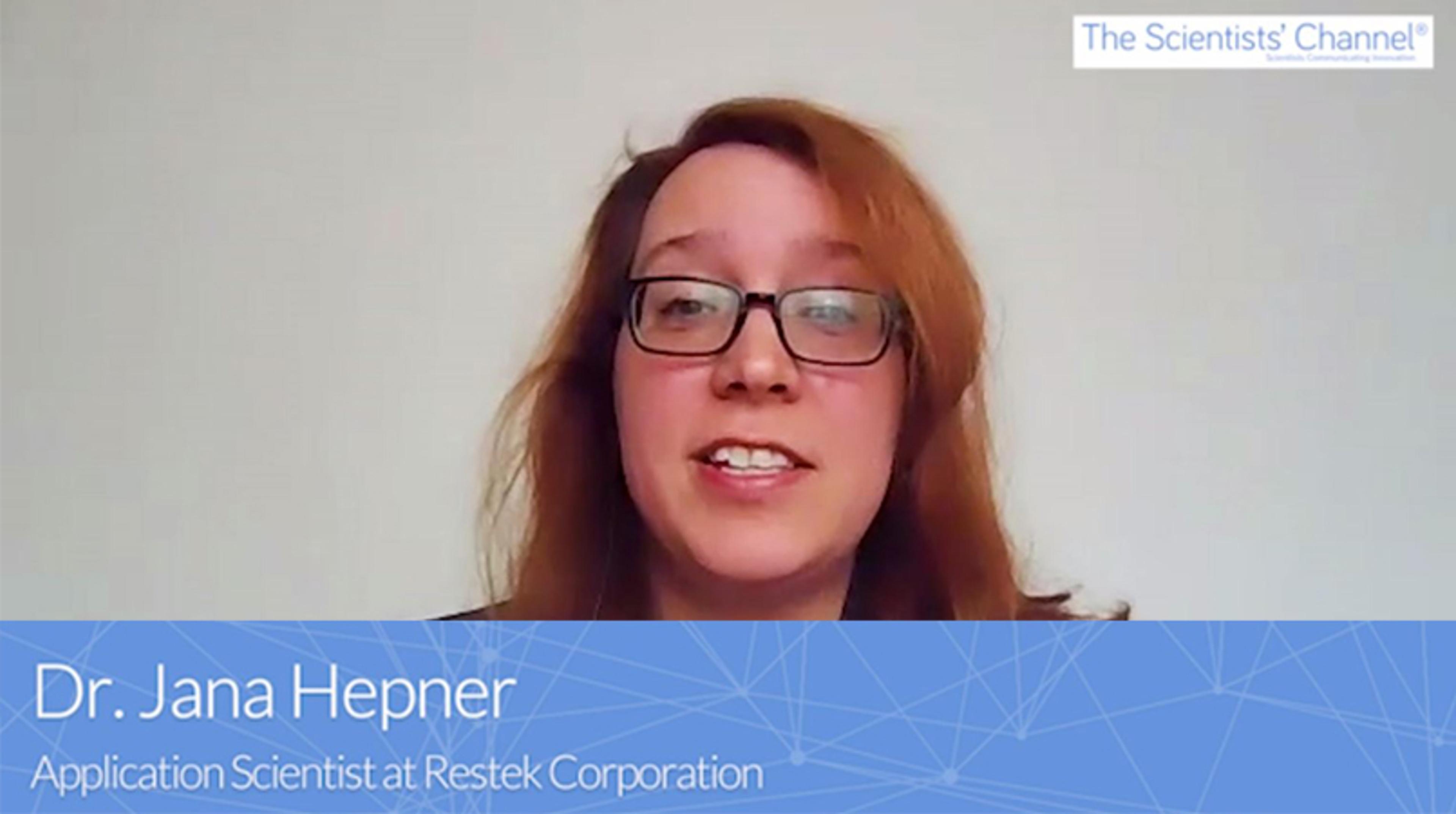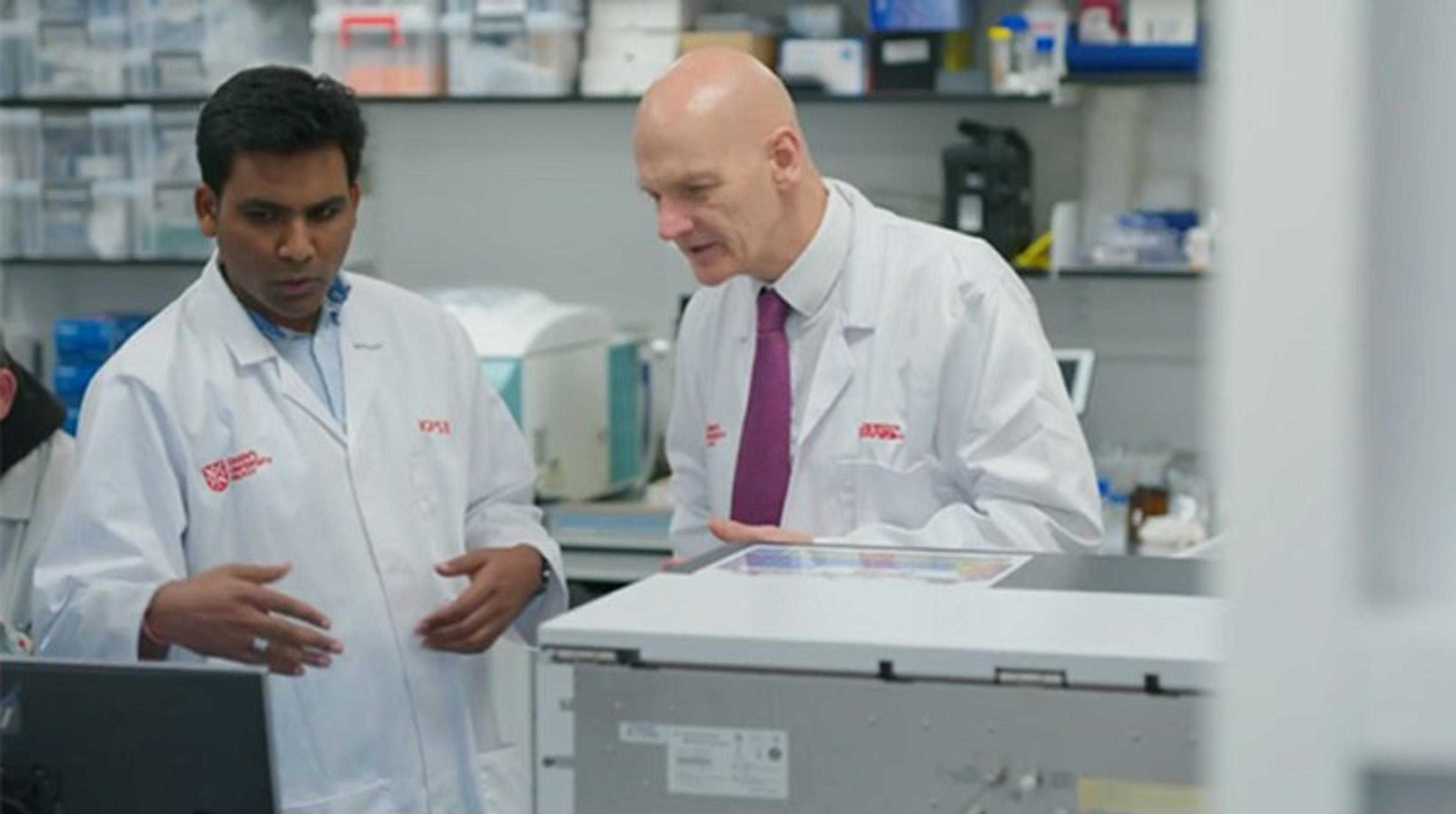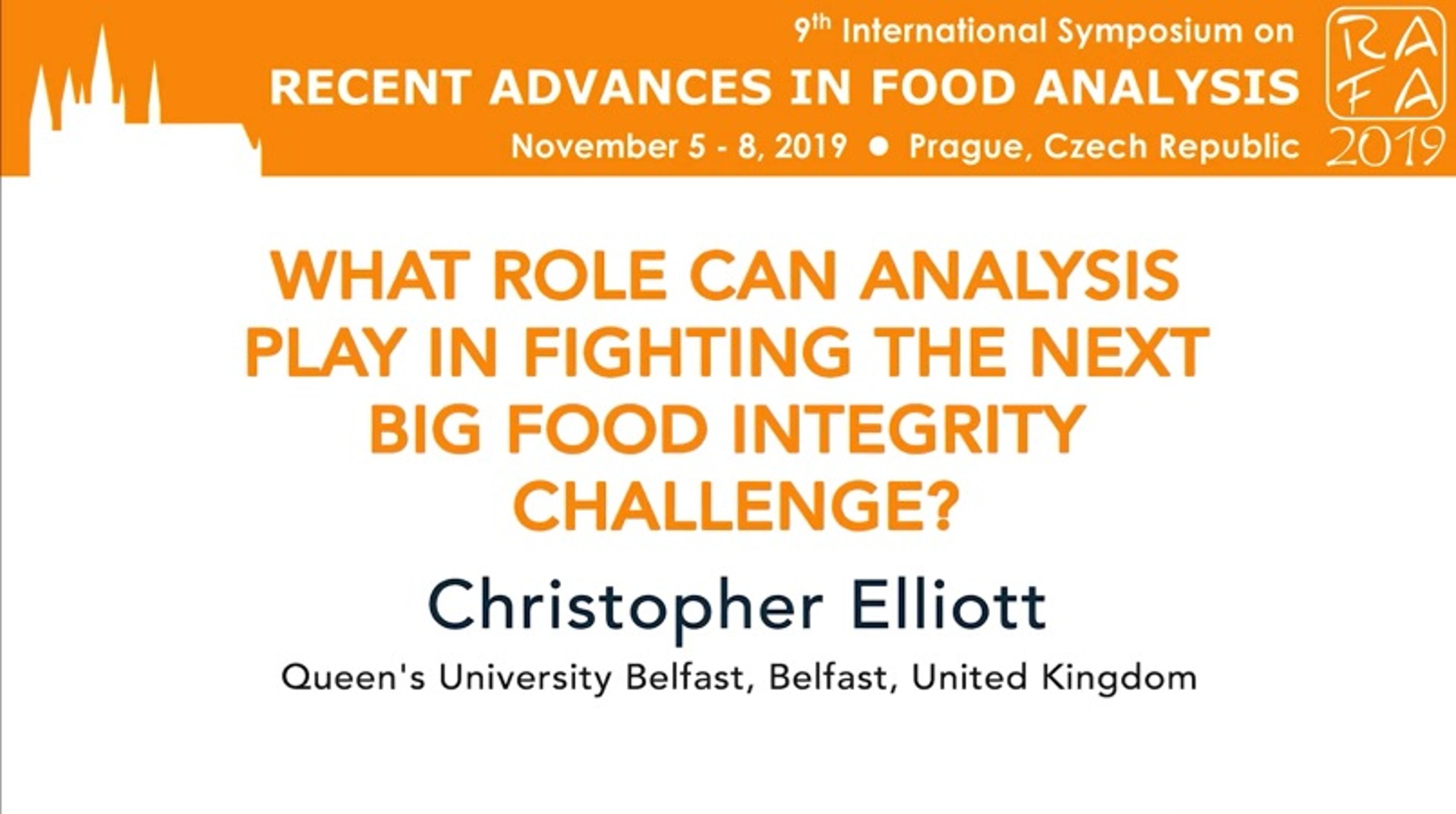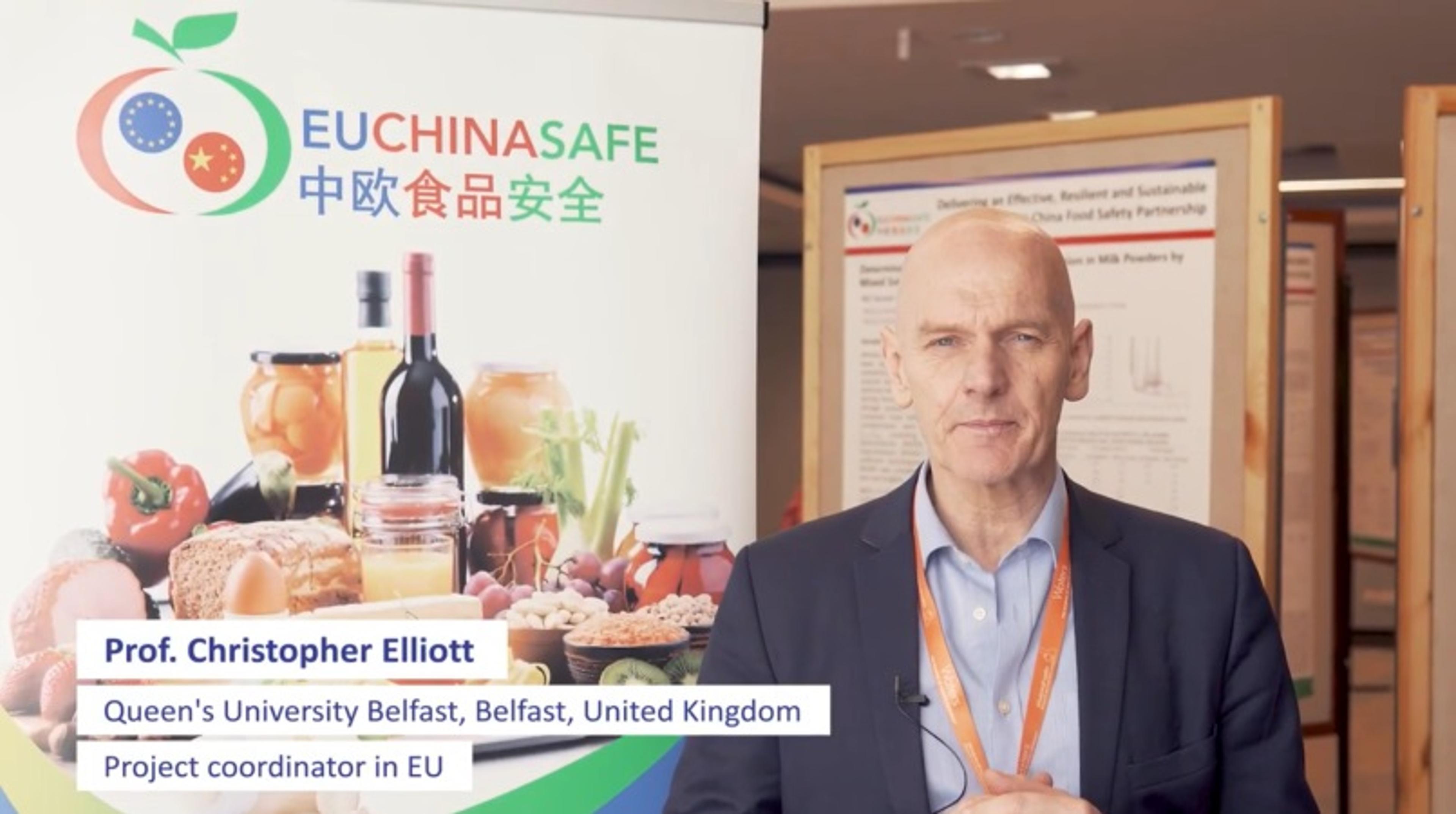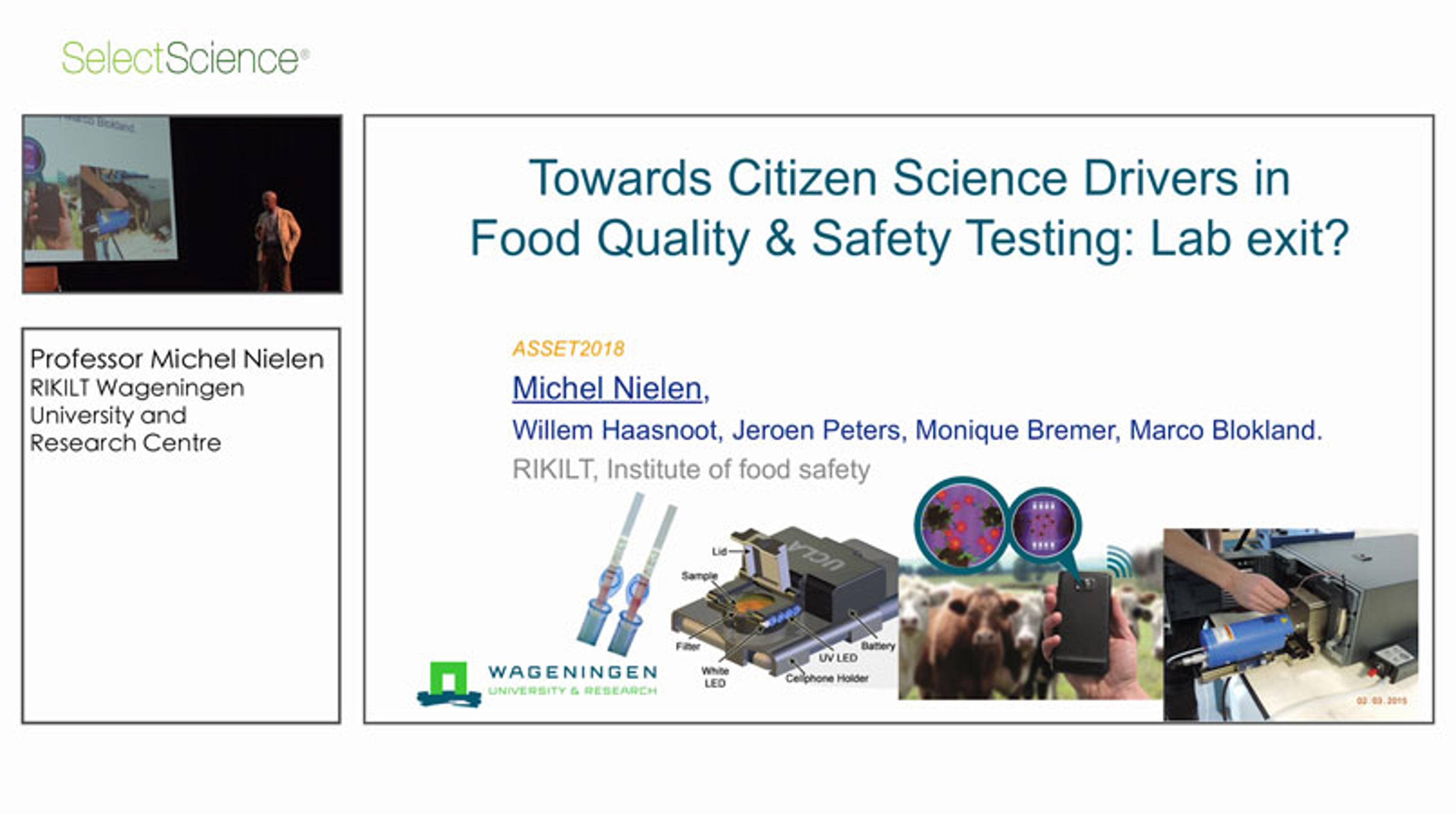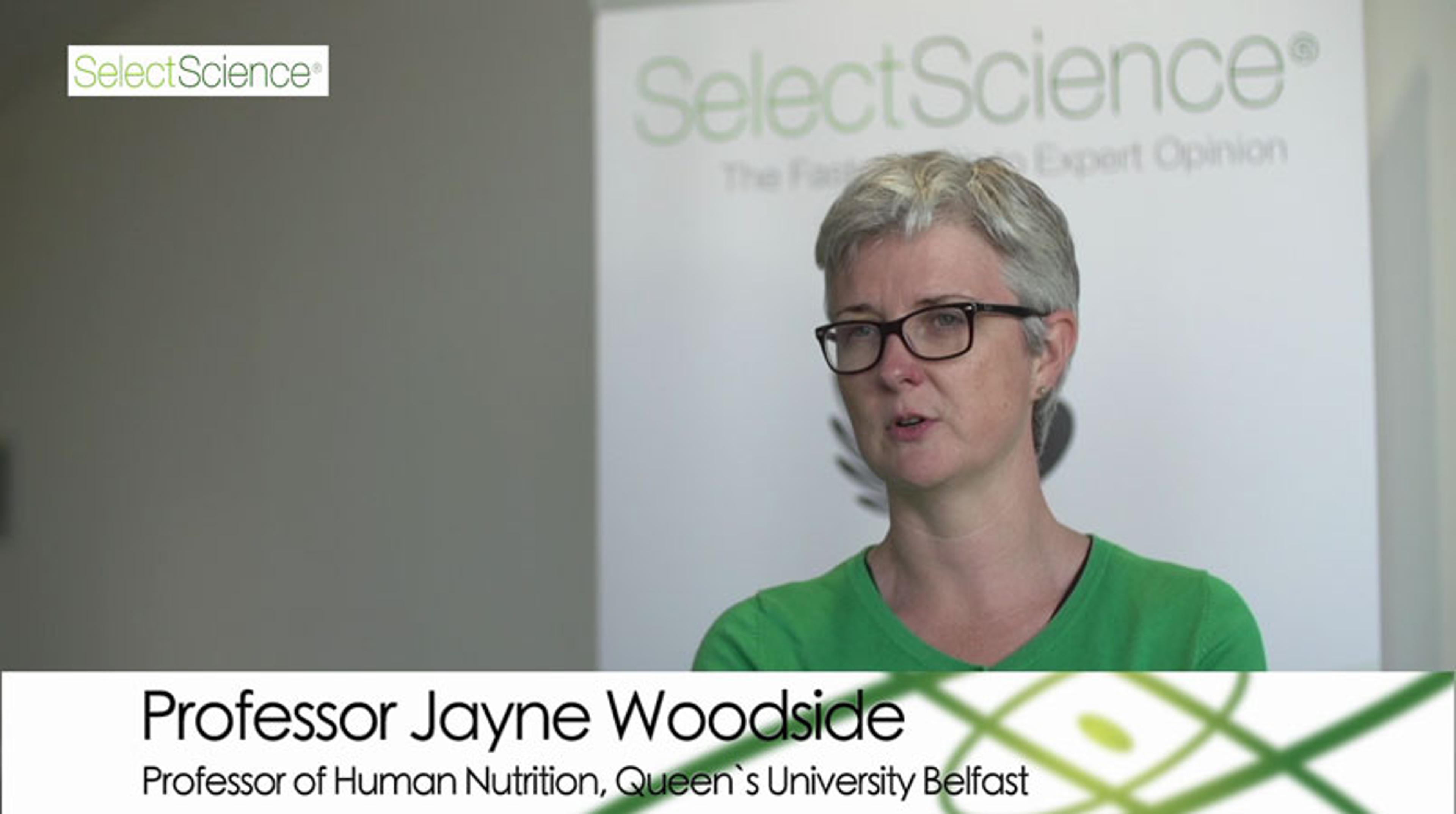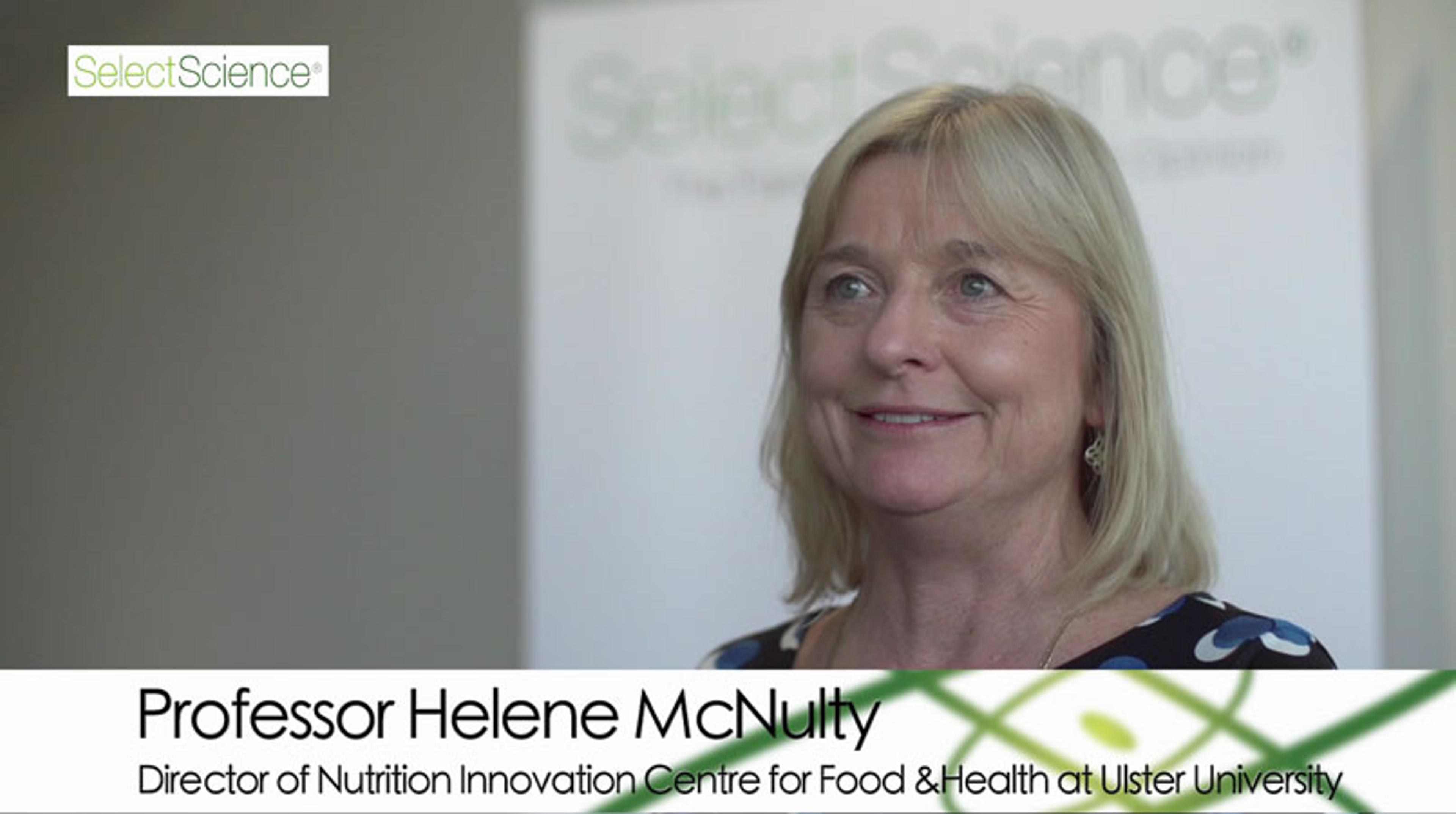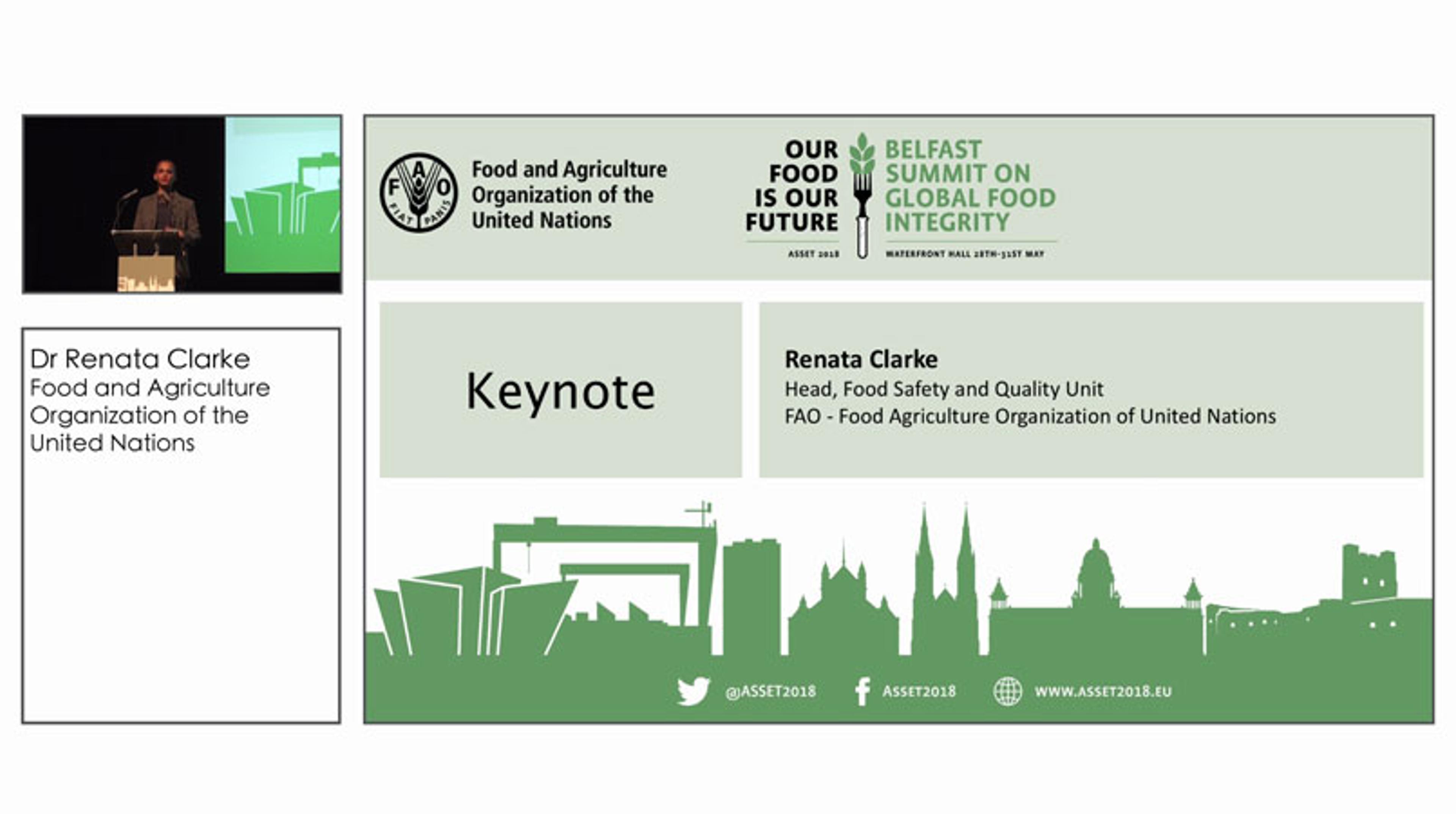Prof. Jørgen Schlundt
NTU Food Technology Centre (NAFTEC)
Jørgen is Michael Fam Chair Professor Food Science at Nanyang Technological University (NTU), Singapore and Director of the NTU Food Technology Centre (NAFTEC). He has worked at NTU since 2015, and is a Danish citizen, with a PhD from the Royal Veterinary University, Denmark. He worked in the food safety area in Denmark from 1983-99, including 3 years in Zimbabwe. From 1999-2010, he was Director of the Department for Food Safety and Zoonoses at the World Health Organization (WHO) HQ in Geneva as well as Acting Director of the Nutrition Department, WHO, from 2006-7. From 2011-14, he was Director of the National Food Institute, Technical University of Denmark (DTU) and 2014-15 Professor of Risk Assessment, also at DTU. He has participated in the international development of food-safety risk analysis principles and has overseen the creation of the Joint FAO/WHO Expert Meetings on Microbiological Risk Assessment (JEMRA), the WHO International Food Safety Authorities Network (INFOSAN) as well as the initiation of the first-ever WHO estimation of the global burden of foodborne diseases. He also initiated international evaluations of the importance of antibiotic use in agriculture, and the creation of the WHO list of critically important antibiotics for human health. Jorgen chairs the Global Microbial Identifier, an international initiative suggesting a global database of DNA-sequences of all microorganisms. Throughout his professional life, Jorgen has advocated the lowering of human health risk through effective, science-based action in food-production systems, lately with the inclusion of quantitative sustainability assessments. One recent focus of this work has been the science-based reduction of antibiotic use in agri- and aqua-culture.
